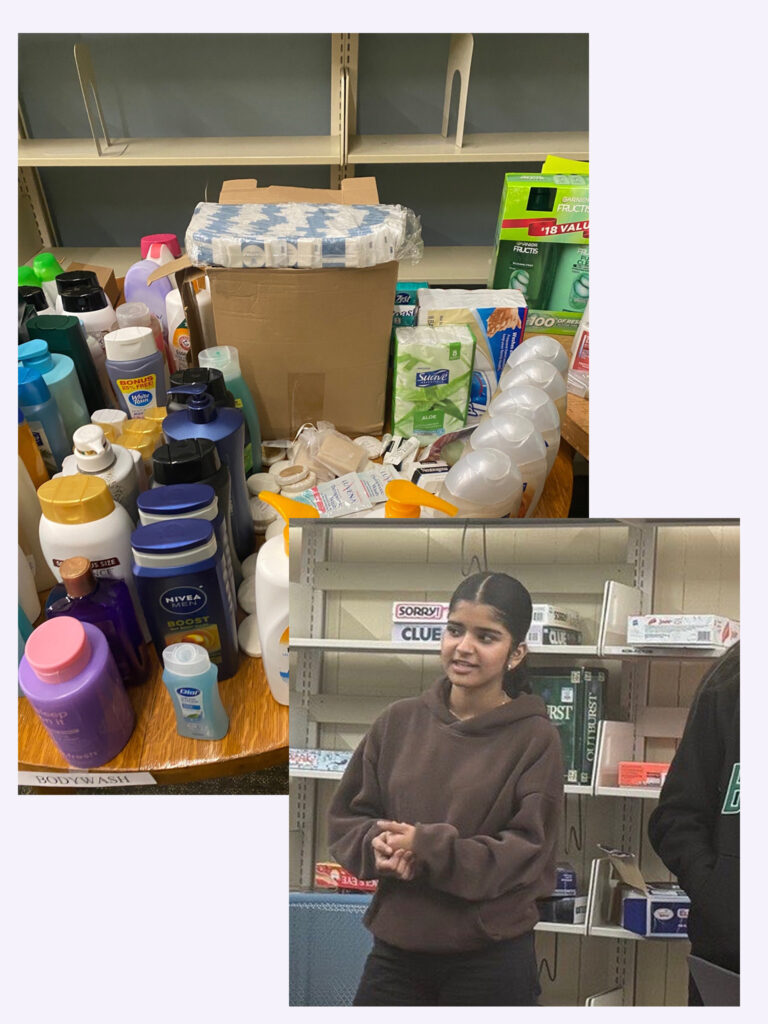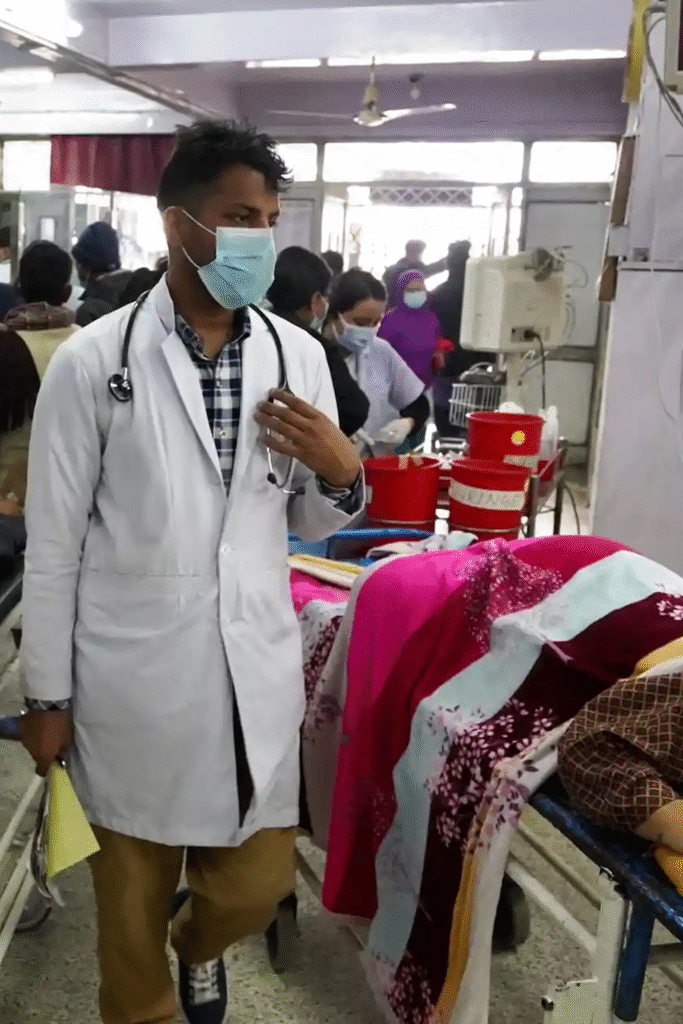Trained to respond to cardiac emergencies, in varied situations, I have gained experience treating diverse patients, enhancing my ability to provide prompt, effective emergency care.
I Want To Be a..
Neurosurgeon
Neurosurgery represents the perfect connection between my love for complex problem solving and my deep desire to make life changing impacts on individuals and families. The precision, dedication, and continuous learning throughout the career align perfectly with my work ethic and my values.
Career
Research
Neurosurgery is one the fields that is currently undergoing groundbreaking research and innovations. It has emerging innovations such as, AI powered diagnostics, gene therapies for brain tumors, and advanced imaging techniques (which include 5-ALA fluorescence guided surgery and robotic assisted procedures). These new innovations are directly improving patient outcomes.
Becoming a neurosurgeon requires you to do 14 years of post college training, which include medical school, a seven-year residency (the longest in medicine), optional fellowships, and rigorous board certification with ongoing maintenance requirement (every 10 years).
Neurosurgeons are going to face an estimated shortage of 1,200 physicians in 2025, with only 74.3% applicants winning the residency spot, even though these physicians maintain a 95%+ success rate for tough procedures like aneurysm clipping. There is also a gender disparity with females only making up 8-10%.
Neurosurgeons make the highest salary averaging $763,908 annually, with private practices earning $889,000, hospital employed at $786,000, and academic positions at $647,000, reflecting the 14 year post college training investment.
The neurosurgical path demands 60-80 hour work weeks during the seven-year residency, intense competition for limited positions, high burnout rates from constant life or death decisions, complex ethical dilemmas with severe neurological cases, and stress from balancing patient autonomy with family pressures in high stakes surgical situations.
The Reason
Behind My Passion

Growing up with a single dad, he had to spend alot of time working so he could finically provide for us. However, due to these circumstanecs, there were times where my dad not only not have time, but also money for sports and dues for extracurriculs. This showed me the imprtance of having different approaches to oppurunties that may not alway sbe accesiable to people.
Building on passion and epxerince to help ensure that resources are provided to everyone, as a neurosurgeon, I will ensure that quality neurological care is accessible to everyone not just the privileged. I will carry this commitment to equity and inclusion into every operating room, advocating for patients from all backgrounds to receive the best care possible.
Recognizing the importance of opportunities and resources, I noticed a gap in how our school and community supported athletes and team members. Many perspectives existed, but the help offered was focused to only help a certain minority of students. To address this, I founded Students Sustain Success to provide essential resources and support that all students actively need
The Reason
Behind My Passion 2

During the 7 years I spent in Nepal, I have memories of following my mom to her job in the Red Cross. I saw as she educated and provided different hygiene and medical products to underprivileged individuals in different communities. During this experience, i got to see the direct impact and importance of different products and support for underprivileged communities.
I am currently in the process of opening a nonprofit organization dedicated to supplying underprivileged communities in Nepal and eventually other countries, with essential medical and educational resources, I plan on creating a larger platform to continue this work on a broader scale and make a greater impact throughout these countries.
I personally lead fundraising efforts within my school and community, reaching out to local organizations for donations to support supply missions to hospitals and schools in Nepal, I carry with me the various faces of those still fighting battles that basic medical equipment could end.
The Reason
Behind My Passion 3

Having lost family members to organ failures, I have experienced multiple moments of feeling hopelessness and confusion. Theres only so many ways of prevention and even fewer ways to treat it. Regenerative medicine is trying to change that. It allows us to address the problem at its root, offering real hope for healing and recovery.
As both a doctor and a researcher, I am dedicated to advancing regenerative medicine by developing and transplanting engineered organs and cells to treat various types of organ failure. My goal is to provide patients with real healing that goes beyond treating symptoms and just preventing diseases. Offering hopes to multiple families.
Through BIOTREK, I’ve conducted research in regenerative medicine, specifically exploring treatments for traumatic optic nerve damage and skin regeneration for burn victims and skin cancer patiens. I’ve also recently began learning about different methods for growing heart tissue using different types of media and environments.
My Speical
Skills
BioSafety Certification
My bio safety training provides essential foundation knowledge for maintaining sterile operating environments and preventing infections – critical skill for neurosurgical procedures.
CPR Certification
Allergen and dietary
Certified to manage dietary restrictions on ground meals and thickened liquids. Also trained to identify allergies and substitute ingredients. This sharpened my attention to detail and given me insight into hospitals.
Nistha Prasai
I’m Nistha Prasai, a junior at Manchester West High School!
Born in Nepal and raised in New Hampshire, I strive to combine my multicultural perspective with hands-on leadership experience to pursue my dreams!
My goal is to transform lives through neurosurgical innovation and compassionate patient care.